News - Advertising
The impact of Covid-19 on brands and their marketing
by Iain Akerman
April 30, 2020
.jpg) Advertisement
AdvertisementWith no sign of the Covid-19 crisis abating, consumers are continuing to make purchase decisions based on necessity, brands are cutting salaries and furloughing staff, and many companies face the very real prospect of bankruptcy. The impact of all this on marketing budgets and brand messaging has been stark.
Globally, more than half of the companies surveyed by the World Federation of Advertisers (WFA) in early April said they had decreased budgets ‘greatly or somewhat’. A further 81 per cent said they were deferring planned advertising campaigns, with the WFA survey suggesting 21 per cent of the world’s biggest advertisers had greatly reduced their marketing budgets. Amongst them L’Oréal, which has not only curtailed ad spending but postponed key launches too, according to chairman and chief executive Jean-Paul Agon. In contrast, Procter & Gamble, which reported an organic sales increase of 5 per cent year-on-year in mid-April, has ramped up its marketing amid increased demand.
Regionally, a quick pulse survey carried out by the Interactive Advertising Bureau GCC in early April suggested “an immediate downturn”. The survey, which was based on the responses of 29 agency, client and publishing sector senior executives, found that 48 per cent of respondents had already witnessed budget cuts of up to 30 per cent; 20 per cent had “paused all ads until further notice”; and 51 per cent were unsure of the level of advertising spend that would occur during the second half of the year.
Unsurprisingly, those industries most impacted by regional lockdowns – airlines, hotels, restaurants, retail and automotive – have adjusted their marketing and communications budgets by the greatest degree. And although the majority of brands contacted by ArabAd declined to comment or simply didn’t respond, enough did answer to get a sense of the overall market.
Of those who have cut spending, both Emirates and Etihad have slashed their marketing and communication budgets. FIVE Hotels and Resorts has reduced its online advertising by 70 per cent and its third party costs (agencies and other marketing tools) by 83 per cent. Of its current marketing activity, its long-term ‘Stay’ campaign, which is aimed at those stuck in the UAE, represents a “small portion of what we would typically spend on a similar campaign”, says Claire Ferris-Lay, director of marketing and communications at FIVE Hospitality.
In Lebanon, where the rapid devaluation of the pound has heightened the country’s already dire financial situation, brands are struggling to keep their heads above water. Even prior to the onset of Covid-19, estimates for the fall in advertising spend ranged from 70 to 90 per cent. Now Kassatly Chtaura, which produces both soft and alcoholic beverages, has cut its marketing and communications budget by 98 per cent and limited what spend it does have to online, says the company’s managing partner, Nayef Kassatly.
In contrast, spend and marketing activity is holding up relatively well in the fast-moving consumer goods, tech and healthcare sectors. Last week, Unilever’s chief financial officer, Graeme Pitkethly, said the company was maintaining brand and marketing investment, although it is “dynamically reallocating” that investment and “reviewing all discretionary marketing spend to ensure it’s both effective and appropriate”.
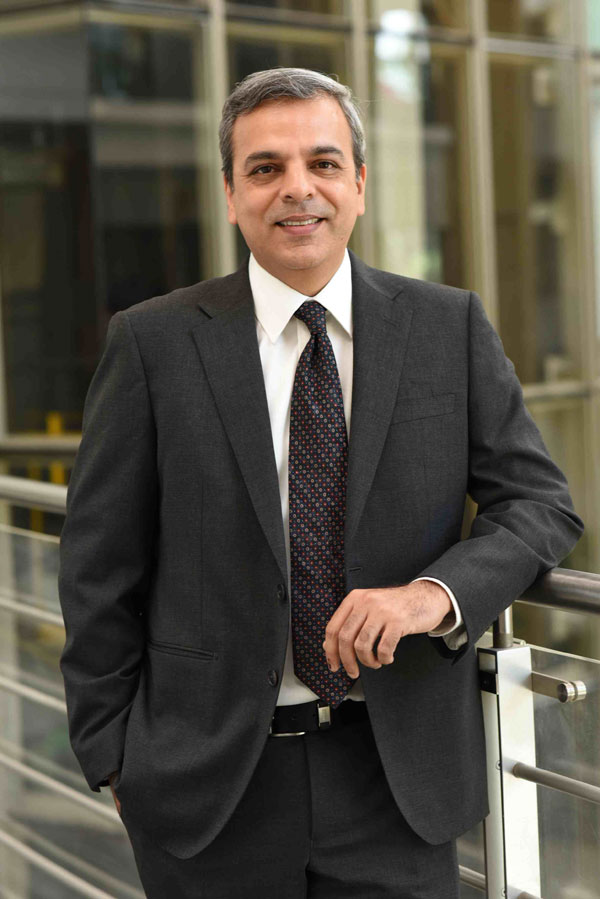
For consumers, this is a previously unimaginable scenario – they are therefore looking for reassurance and solutions. From a brand and communication perspective it presents us with a key responsibility to play a more purposeful role.”-- Sandeep Kohli, vice president Unilever Beauty and Personal Care MENA, Russia, Ukraine, Belarus and Turkey
“While some of our categories like hygiene are seeing an increased demand, there are fewer ‘personal grooming’ moments due to the lockdown,” admits Sanjiv Kakkar, executive vice president of Unilever MENA, Russia, Ukraine, Belarus and Turkey. “This has required us to be flexible and agile with our material procurement and production while remaining relevant and sensitive to consumers’ needs via our brands’ communication.”
Nestlé, whose recent quarterly report highlighted a 29.4 per cent jump in online sales, has witnessed high demand for its home consumption and cooking products, says Rainer Mueller, Nestlé’s communication and marketing services director for the Middle East and North Africa, but a significant drop in its out-of-home business. As such, the company has “revisited all our marketing and communication activities cautiously to ensure that our messaging is relevant and adding value to our consumers in the current challenging context,” says Mueller.
The paints company Jotun remains “committed to our advertising spends for 2020” and is “currently exploring new channels to engage and inspire our consumers”, says Fouad Kassem, regional category manager (communications and retail) for Jotun Middle East, India and Africa. “We didn’t reduce spends but rather repurposed 20 per cent of [our] lead generation ad budget on digital communication with our key retail customer – the painter.”
What is clear is that purpose and value are more important than ever, with the majority of brands believing they should be playing a more meaningful role in consumers’ lives during the pandemic. Sandeep Kohli, vice president of Unilever Beauty and Personal Care for the MENA region, Russia, Ukraine, Belarus and Turkey, says brands “must seek to be useful to the communities they serve, and [that] provides a great opportunity to combine purpose and practicality”.

“I am personally convinced that only brands with purpose have a reason to exist over the long term. But the current situation will also deliver the proof [of whether] the brand purpose is honest and consistently lived.”--Rainer Mueller, communication and marketing services director Nestlé MENA
“Many consumers want brands to provide them with solutions supported by high quality products, the right messaging, and via brands that they can trust,” says Kohli. “For consumers, this is a previously unimaginable scenario – they are therefore looking for reassurance and solutions. From a brand and communication perspective it presents us with a key responsibility to play a more purposeful role.”
Kohli points towards research into consumer sentiment during Covid-19 by the American Association of Advertising Agencies. The survey found that 43 per cent of respondents said it was reassuring to hear from brands they know and trust, while 40 per cent wanted to hear what brands were doing in response to the pandemic. In essence, a sizeable percentage of consumers are demonstrating a stronger affiliation to brands that are supporting consumers and communities. They are also more likely to remember those who produced hand sanitiser instead of gin or retooled to build ventilators.

“We didn’t reduce spends but rather repurposed 20 per cent of [our] lead generation ad budget on digital communication with our key retail customer – the painter.”--Fouad Kassem, regional category manager (communications and retail) Jotun Middle East, India and Africa
As a consequence, there has been a reprioritisation of messaging. Unilever is focusing on brands that have a role to play in providing solutions and reassurance to consumers. Nestlé is inspiring families to cook together with its Maggi and Nestlé Sweetened Condensed Milk brands. Nescafé’s messaging has also been adapted, shifting from creating social connections to social connectivity. Jotun, meanwhile, has taken a more personalised approach, providing tips on how to reorient home office spaces and concentrating on products that are linked to ‘purifying indoor quality’.
“I am personally convinced that only brands with purpose have a reason to exist over the long term,” says Mueller. “But the current situation will also deliver the proof [of whether] the brand purpose is honest and consistently lived.”
There has also been a reprioritisation of media. The exponential rise in the use of all audiovisual media, be it video streaming platforms (Netflix alone added 15.8 million new subscribers in the first quarter), social video or broadcast TV, has led to these channels being favoured ahead of all other media, particularly cinema and outdoor. Unilever is focussing on these channels to “amplify brand messaging”, while Nestlé’s main investment remains broadcast TV. Nestlé has also significantly increased its investment in e-commerce, while other brands have prioritised social media. Influencers, however, appear to have been sidelined.
Despite working from home and facing daily challenges in terms of production, in many instances in-house marketing teams and their agency partners have been working harder and faster than ever before. Nestlé’s launch of an in-house content studio two years ago has allowed it to “adapt or develop relevant content quickly, and speed is crucial in this rapidly changing context”, says Mueller. Nestlé’s creative agencies, however, remain its main partners for all campaign and prime content development.
“The need for developing quick communication has become even more important in today’s scenario given the constantly changing dynamics,” says Kohli. “And this breeds the need for agile teams who can respond in real time to constantly changing requirements.”
Kohli cites a recent Lifebuoy Arabia campaign. Within 24 hours of the first confirmed Covid-19 case being reported in the UAE, 71 assets were created by an internal cross-functional team, with 2,200 media touchpoints activated across all six GCC countries. The campaign encouraged people to wash their hands, irrespective of the soap brand. “So, it’s not about in-house teams versus agencies as much as the need for speed and agility towards delivery in a way that is truly relevant to the brand,” insists Kohli.
Nobody, however, is out of the woods yet. Far from it. The longer the crisis drags on the greater the level of damage that will be inflicted on brands and the ecosystem that supports them. As a consequence, Mueller says Nestlé is facing its challenges on a day-by-day basis and is revisiting its annual forecast and marketing spend on a monthly basis.
"I am positive that we we can keep investing in building our brands and trust with our consumers," says Mueller simply. Many other brands will be hoping the same, making sure they stay relevant, meaningful and competitive in a time of extreme crisis.


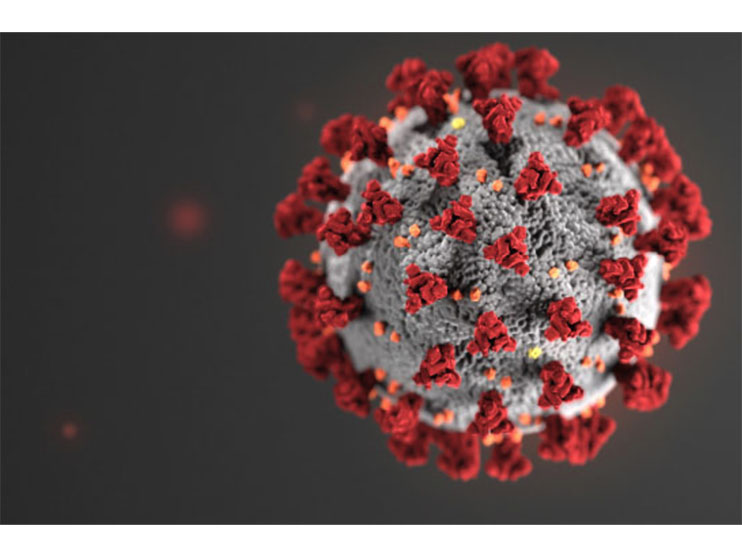
.jpg)
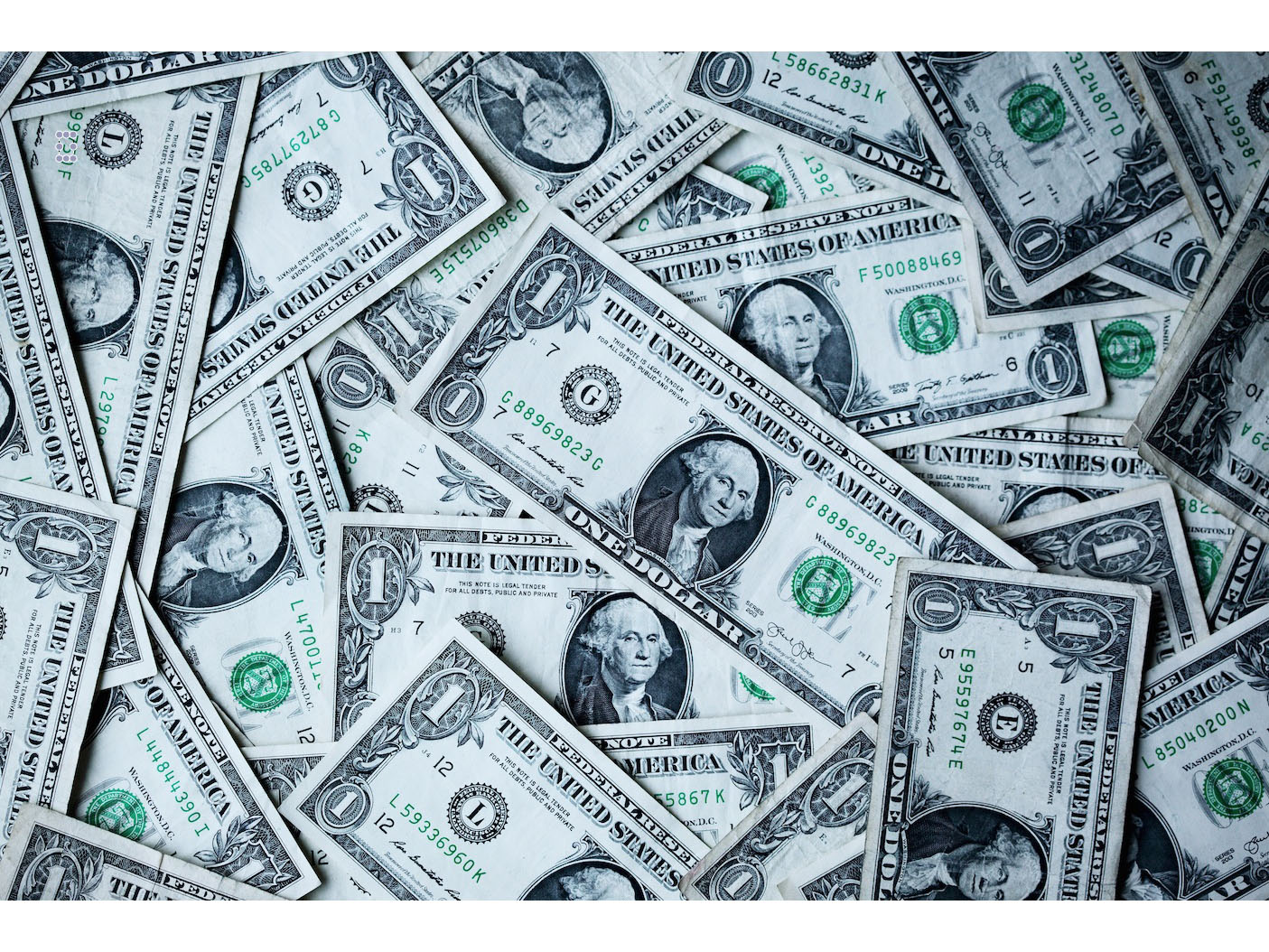
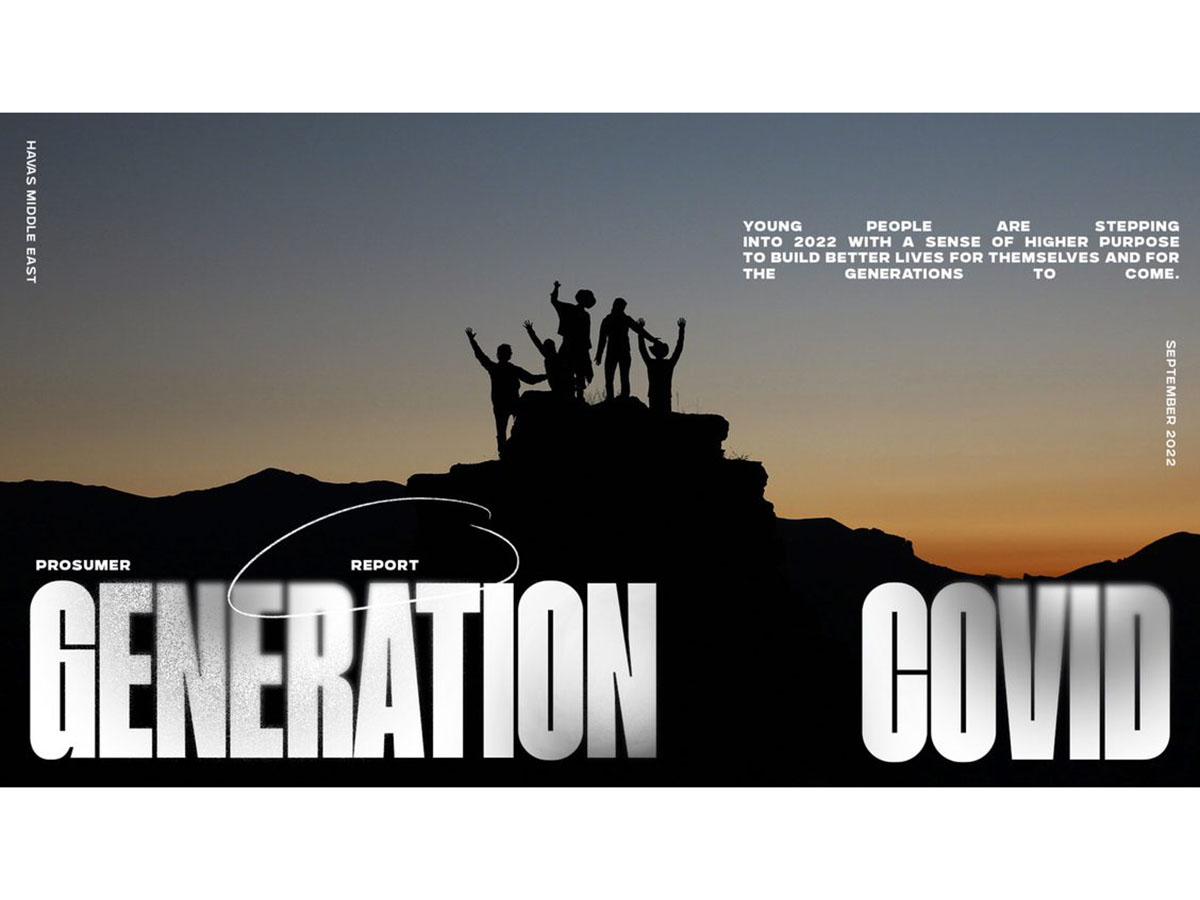

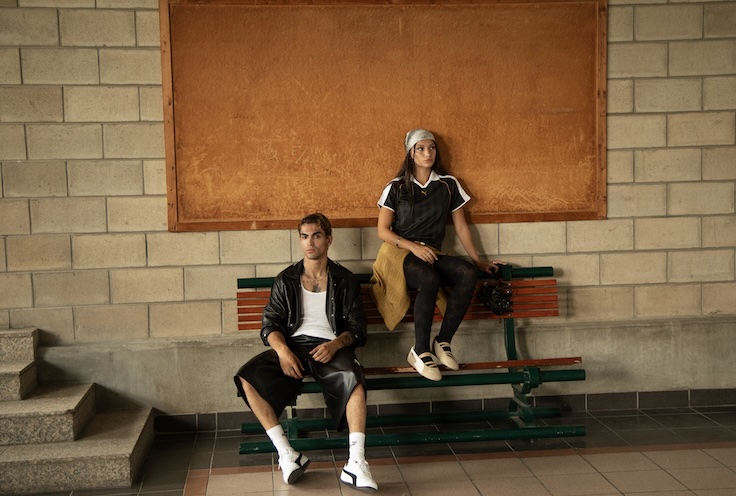
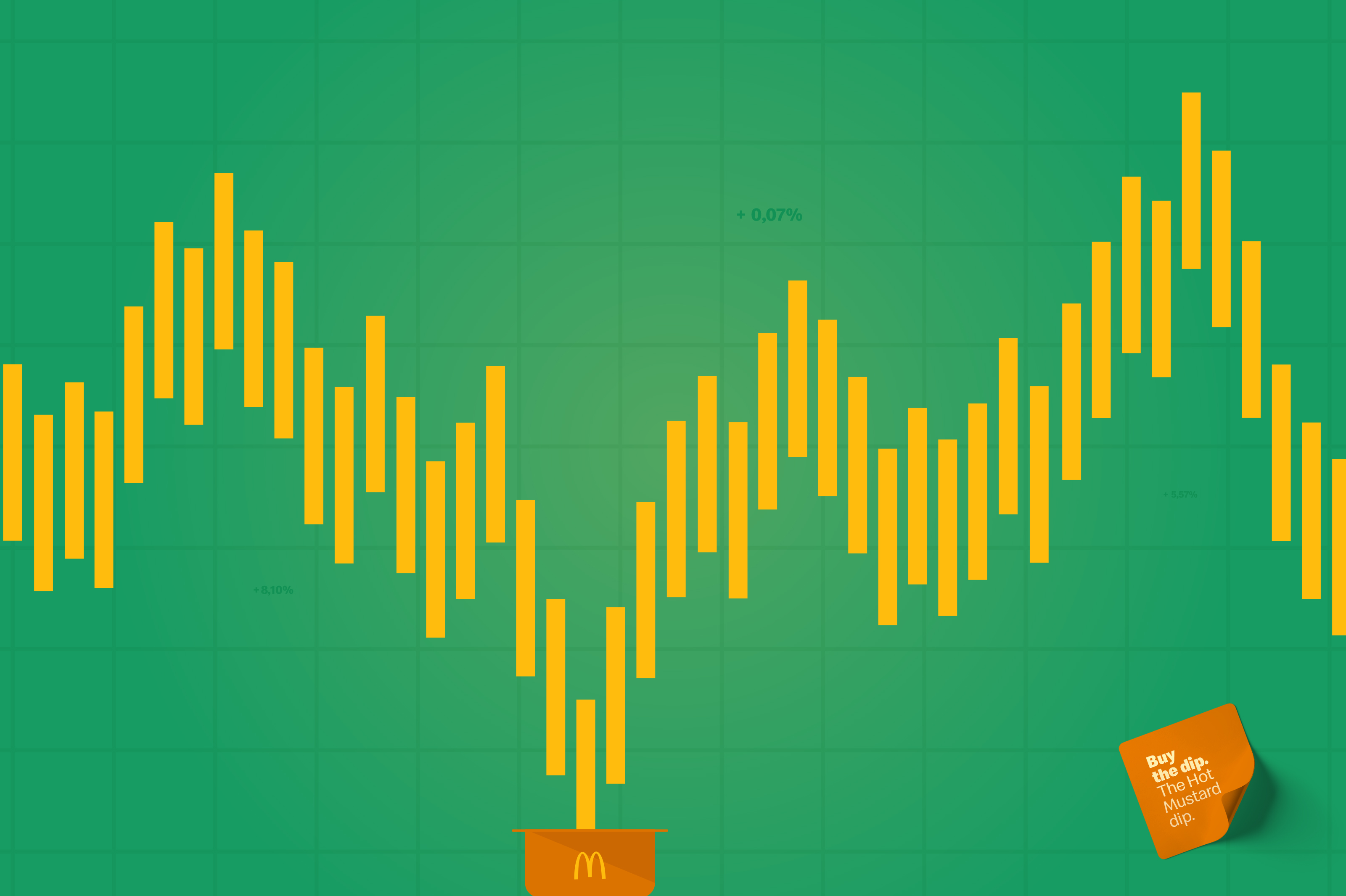
.jpg)




